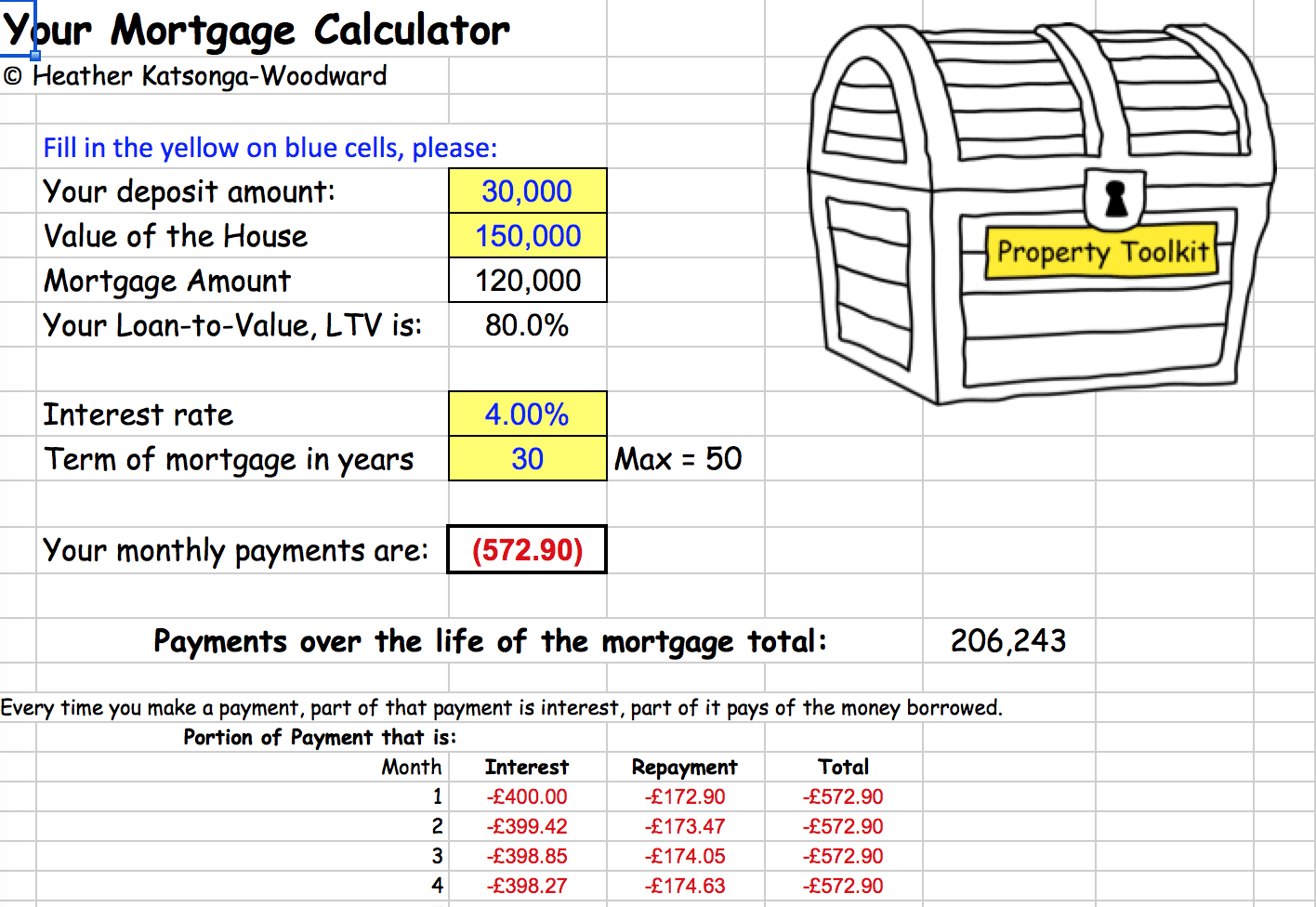how long is my cycle calculator
How Long Is My Cycle Calculator: Understanding Your Menstrual Cycle
Introduction
Welcome to the guide that will demystify the length of your menstrual cycle and introduce you to a handy tool – the cycle calculator. If you've ever wondered about the duration of your menstrual cycle or wanted a reliable way to track it, you're in the right place. Let' HERE in!
Table of Contents
Sr#
Headings
1.
What is a Menstrual Cycle?
2.
The Phases of the Menstrual Cycle
3.
Understanding Cycle Length
4.
Importance of Tracking
5.
Introducing the Cycle Calculator
6.
How to Use a Cycle Calculator
7.
Benefits of Using a Cycle Calculator
8.
Factors Affecting Cycle Length
9.
Tips for Maintaining a Healthy Cycle
10.
Common Concerns and Misconceptions
11.
Conclusion
What is a Menstrual Cycle?
The menstrual cycle is the regular natural change that occurs in the female reproductive system. It involves a series of hormonal changes that prepare a woman's body for pregnancy each month.
The Phases of the Menstrual Cycle
The menstrual cycle is divided into four main phases: menstruation, the follicular phase, ovulation, and the luteal phase. Each phase is unique and plays a crucial role in the reproductive process.
Understanding Cycle Length
Cycle length refers to the number of days from the first day of your period to the day before your next period starts. While the average menstrual cycle is around 28 days, it can vary greatly from person to person.
Importance of Tracking
Tracking your menstrual cycle is essential for understanding your body and reproductive health. It can help you predict ovulation, identify irregularities, and monitor changes over time.
Introducing the Cycle Calculator
A cycle calculator is a tool designed to help you predict your menstrual cycle and ovulation dates based on your past cycle lengths. It takes the guesswork out of tracking and allows for better planning.
How to Use a Cycle Calculator
Using a cycle calculator is simple. Input the dates of your past periods, and the calculator will generate predictions for your future cycles and fertile window.
Benefits of Using a Cycle Calculator
- Accurate Predictions: Helps you plan ahead and be prepared for your menstrual cycle.
- Fertility Tracking: Allows you to pinpoint your most fertile days for conception or contraception.
- Health Monitoring: Alerts you to any irregularities or changes in your cycle length.
Factors Affecting Cycle Length
Several factors can influence the length of your menstrual cycle, including stress, diet, exercise, hormonal imbalances, and underlying health conditions.
Tips for Maintaining a Healthy Cycle
- Balanced Diet: Eat a nutritious diet rich in fruits, vegetables, and whole grains.
- Regular Exercise: Stay active with regular physical activity to support overall health.
- Stress Management: Practice relaxation techniques like yoga or meditation to reduce stress levels.
- Adequate Sleep: Prioritize sleep to ensure proper hormonal balance and overall well-being.
Common Concerns and Misconceptions
- Myth: Irregular Cycles are Abnormal: While irregular cycles can be a sign of underlying issues, occasional variations are normal.
- Concern: Short or Long Cycles: Cycles shorter than 21 days or longer than 35 days may warrant further investigation.
- Misconception: Ovulation Always Occurs on Day 14: Ovulation can vary from cycle to cycle and may not always occur on day 14.
Conclusion
Understanding the length of your menstrual cycle is key to maintaining reproductive health and overall well-being. By utilizing tools like the cycle calculator and adopting healthy lifestyle habits, you can empower yourself to take charge of your menstrual health.
FAQs (Frequently Asked Questions)
1. How accurate is a cycle calculator?
Cycle calculators provide estimates based on past cycle lengths and may vary in accuracy. However, they can be a helpful tool for predicting future cycles and ovulation dates.
2. Can http://www.calculatoronline.chat/mortgage-calculator-massachusetts/ use a cycle calculator if my cycles are irregular?
While cycle calculators may be less accurate for those with irregular cycles, they can still provide valuable insights and help track changes over time.
3. Is it normal to have a shorter or longer menstrual cycle?
Yes, variations in cycle length are normal and can be influenced by various factors such as stress, diet, and hormonal changes. However, extreme variations may warrant medical attention.
4. Can I use a cycle calculator for contraception?
Cycle calculators can help identify fertile days for contraception, but they should not be relied upon as the sole method of birth control. Consult with a healthcare provider for personalized advice.
5. Are there any free cycle calculator apps available?
Yes, there are several free cycle calculator apps available for download on smartphones. These apps often offer additional features such as period tracking, symptom logging, and health tips.
Engage with your menstrual cycle, empower yourself with knowledge, and take proactive steps towards better reproductive health. Remember, understanding your cycle is key to understanding your body.



